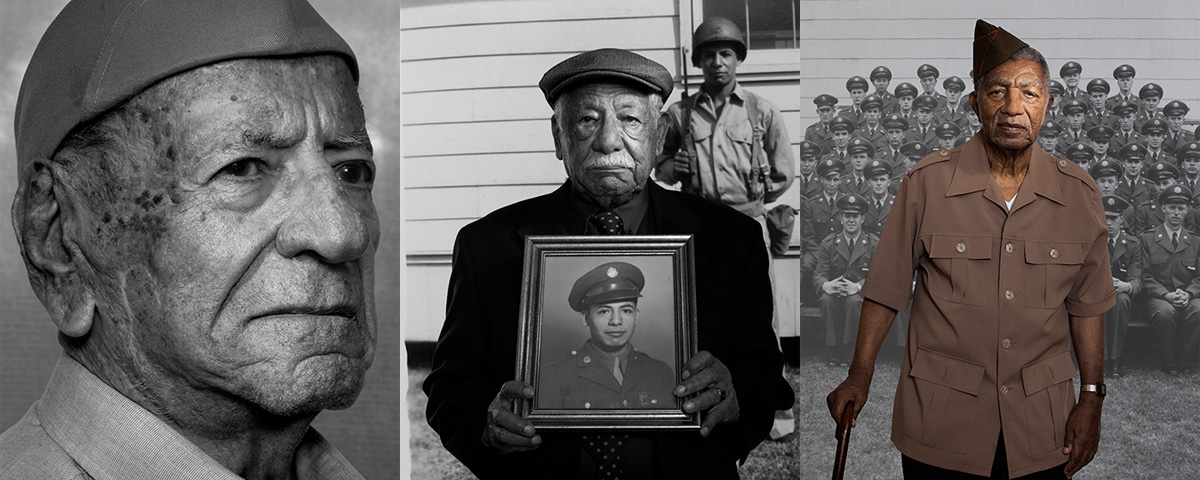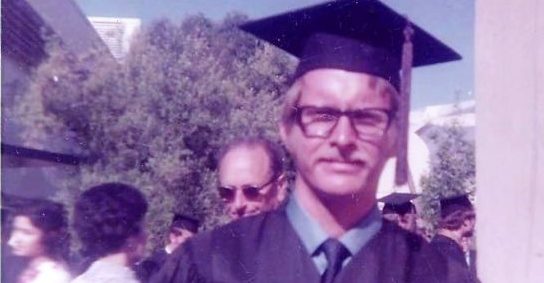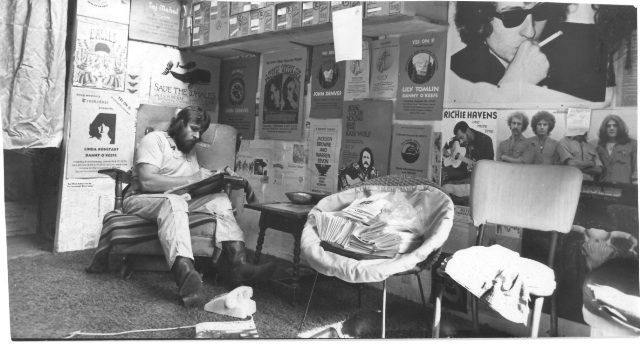
By Larry Peña | Video by Matt Yoon
When Alicia Cruz graduated from high school, she had a 4.33 GPA. She had acceptance letters from nine colleges up and down California. She had taken college-level courses at her local community college every term since her junior year.
And she had already exhausted her family’s ability to provide guidance in the next steps of her education.
“Even when I was a high school student, I couldn’t ask my mom for help on homework, because she wouldn’t know — and even if she did know, there is the language barrier,” says Cruz, now a fourth-year sociology major. “You couldn’t ask, ‘How do I sign up for the SAT, or how can I study for this test, or how do I write my personal statement?’”
Cruz is a first-generation student. While there are several variant definitions of exactly what that means, it’s broadly applied to students who are the first in their family to achieve a college education.
First-generation status puts many students at a serious disadvantage — and requires a special kind of resilience to overcome. “First-generation students have to figure things out on their own,” says Jon Diaz, a counselor in Cal Poly’s Educational Opportunity Program (EOP), which provides special support to first-generation students. “They are go-getters. Some other students have parents calling different offices in different departments whenever there is an issue. First-generation students are having to do it on their own.”
A family legacy of college education tends to set students up for success in higher education. While only 36 percent of Americans have a four-year college degree, according to the National Center for Education Statistics, roughly two-thirds of college students have a family background in higher education. This means that people whose parents went to college are twice as likely to successfully attain a college degree themselves.
Combine this with the fact that first-generation status is often accompanied by a host of other factors — most notably a significantly lower average income for workers without a college education — and being a first-generation student becomes a daunting challenge.
Cruz embodies several of those factors. English is her second language — when she was 9 years old, she and her mother emigrated from Mexico to the United States where her grandparents had been farm laborers. “It felt like my mom was creating a better life for us,” she says. “She and my grandparents always told me about the importance of education, and how having a degree would open many opportunities that they wish they could have had.”
“With EOP, one of the things we find is that we are not just serving first-generation college students, we are serving students who historically come from low-income backgrounds,” says Diaz. “And so when you tie in those two things, the services we offer are meant to provide that extra support and that extra help to help them be successful in college life.”
Those services include specialized counselors dedicated to students in each of Cal Poly’s six colleges. They also include scholarship funding for students facing financial challenges, transition programs designed to acclimate students to the striking differences of college life, and a series of events and workshops aimed at teaching critical college skills like networking, scheduling and career readiness.
“When I got into Cal Poly I did feel like I belonged because I had met people who were like me, who understood and had similar experiences as me.”
Due to her outstanding academic performance in high school, Cruz qualified for many scholarships — several of them through EOP — that helped significantly reduce the cost of her Cal Poly tuition. But one of the ways she was able to afford college was to forgo student housing. She lives with her mother, uncle and grandparents in Nipomo, at the southern end of San Luis Obispo County — a 45-minute commute from Cal Poly that precluded her from many of the experiences that help define college life for the average student.
“I don’t think I ever saw myself somewhere else, and I’m really close to my family, so I thought this was a good opportunity,” Cruz says. “Because I have other responsibilities at home, I was never able to take advantage of all the events here, the fun things like joining clubs and social interactions.”
That situation made many of the connections Cruz made through EOP critical. Facing the intimidating challenge of transitioning to Cal Poly, Cruz joined EOP’s Summer Institute, an intensive orientation program that helps first-generation students adjust to a very different environment than they are used to.
First-generation students can often suffer from what psychologists call “impostor syndrome” — the unshakable feeling of having faked their way into success, despite clear evidence of high achievement.
But with the help of the Summer Institute program, Cruz never felt like she didn’t belong at Cal Poly.
“When I got into Cal Poly I did feel like I belonged because I had met people who were like me, who understood and had similar experiences as me, and who I felt comfortable sharing things with,” she said. “When my first fall quarter began, I did feel different from my peers, but I knew I could rely on my Summer Institute family for support.”
It’s been a challenging road for Cruz as she seeks to become the first person in her family to earn a four-year degree, but all the hard work has paid off. She plans to graduate in December and begin looking for work as an academic counselor, helping other students like her attain the dream of a higher education.
Closer to home, she hopes her example will make an impact on her family. Already her mother has completed an associate’s degree herself, and recently began working as a preschool teacher. “I hope that my younger cousins realize that college can also be a possibility for them,” she says. “I definitely want to make going to college a family tradition.”
In the meantime, she is working to pay forward the benefits she had as a new first-generation student at Cal Poly. She volunteers as an ambassador for Cal Poly to first-generation students at local high schools to introduce them to the idea of college. She also works as an assistant in the EOP program and is helping run the Summer Institute, serving as a welcoming face to help new students transition to Cal Poly from a background she knows very well.
“I wanted to be able to support the students and be that backbone that helped me, and I hope to make as big of an impact on others as EOP did on me,” she says. “I’m able to be someone they can trust and rely on if they need help. And that feels pretty nice.”
Having trouble viewing the video? Click here.






